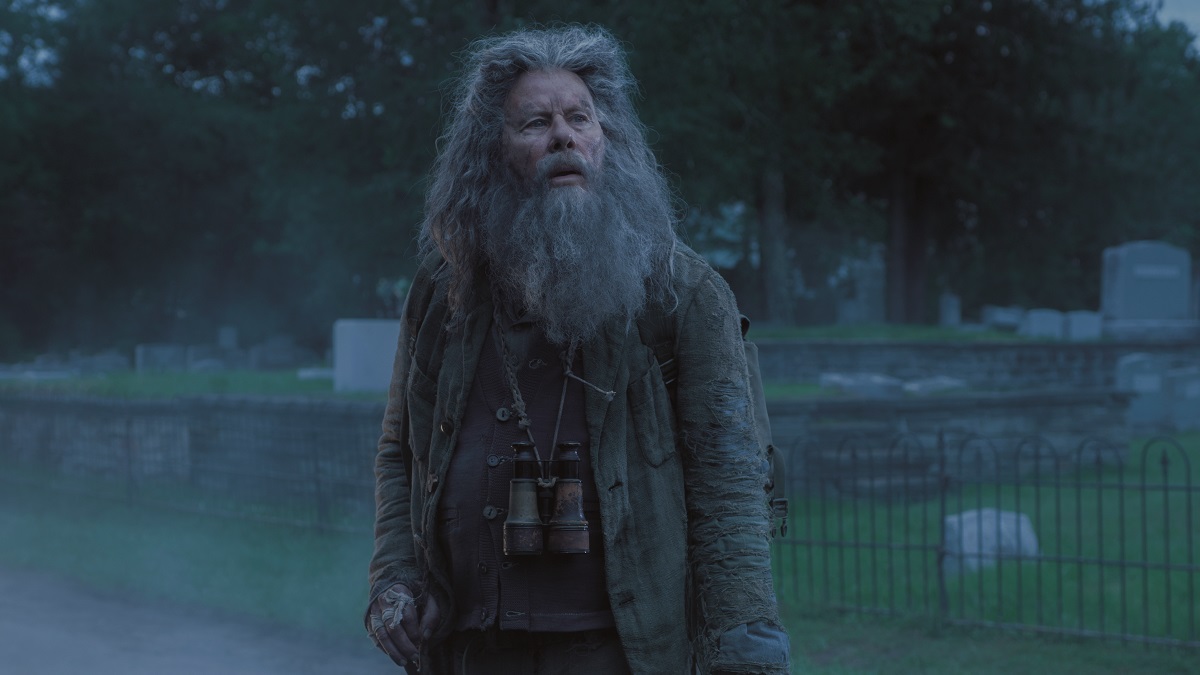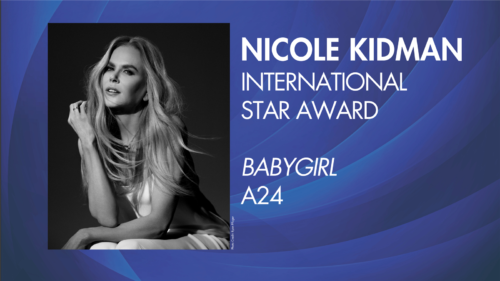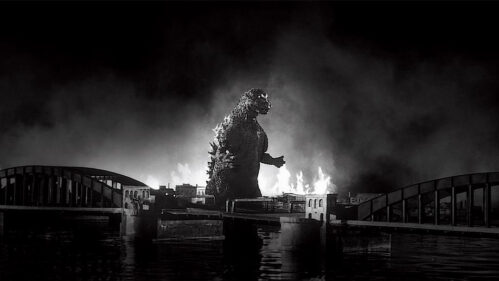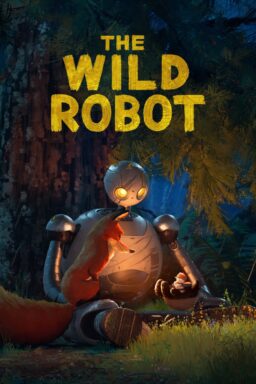Walking toward the Festival Palais on the opening night of the 72nd Cannes International Film Festival, the pounding rhythm of the bass from the sub-woofers of the mighty speakers lining the red carpet makes it sound like the city is under siege by cannons. It's going to be this way every night through May 25, but tonight the crowds thronging the street in front of the Palais are keyed up with opening night fever, and the prospect of eyeballing stars including Bill Murray, Tilda Swinton, Adam Driver, and Chloe Sevigny. The whole event, including the red carpet, the ceremony, and the opening film, Jim Jarmusch's "The Dead Don't Die," was also being simulcast into 600 French movie theaters.
The arrival of the international jury, was led by Alejandro Gonzalez Inarritu (Mexico), the first-ever Latin American to serve as a Cannes jury president. Director Kelly Reichardt and actress Elle Fanning comprise on U.S. representation in a diverse group that also includes directors Yorgos Lanthimos (Greece); Alice Rohrwacher (Italy); Maimuna N'Diaye (Burkina Faso); Pawel Pawlikowski; and Robin Campillo (France); plus graphic novelist Enki Bilal (France).
This red carpet opening parade is the night of all nights for fashion statements, with the highlight being one anonymous young ingénue whose multi-layered white tulle skirt was so vast, stiff and wide (think hoop skirt on steroids) that she was ultimately unable to walk. With the world's TV cameras watching, two men grabbed the unfortunate fashion victim by the ruffles and inelegantly hoisted her to the top of the steps.
Edouard Baer, French comedian and radio-TV personality hosted the opening ceremony, a 45-minute grab bag of tributes, introductions and career acknowledgments. It was all capped by Baer's rendition of a goofy song composed in honor of "The Dead Don't Die," with director Jarmusch characterized as "the genius with the silver hair," and Beel Murra-a-a-y (rhymes with day), as "the man with the poker face." Finally, in tandem, Spanish actor Javier Bardem, and French actress Charlotte Gainsbourg, wearing a glittering zebra-patterned mini-dress, declared the festival officially open in Spanish and in French.
It was a long build-up to the much-anticipated screening of "The Dead Don't Die." Jarmusch, follows in the juicy vein of his 2013 vampire satire "Only Lovers Left Alive" with a zombie satire set in the American Everytown of Centerville. Jarmusch first came to Cannes in 1984, and won the Camera d'Or for his first feature "Stranger Than Paradise." He's been regarded as something of an independent film deity ever since, returning to compete for the Palme d'Or eight times before now, with films including cult favorites "Dead Man" and "Ghost Dog: The Way of the Samurai."
"The Dead Don't Die" proves to be a swing and a miss, despite the phenomenal number of zombie heads lopped off in the course of a plot that begins as a smartly on-target send-up of Trump-era environmental policy, and dissipates into a lame allegory on consumerism, with comically spilled guts galore in the interim.
Cliff Robertson (Bill Murray) and Ronnie Peterson (Adam Driver) are small town cops investigating a handful of unusual happenings in rural Centerville. Nighttime comes and it doesn't get dark; clocks and phones stop working; livestock, pets, and birds disappear. TV anchors report scientific evidence that polar fracking has knocked the earth off its axis, with unpredictable dire consequences possible. Government officials and energy industry honchos refute the claim, citing enormous job growth and huge profits for the U.S. economy.

Meanwhile, day and night are reversed, and two graves burst open in the town cemetery. A pair of zombies (Sara Driver, Iggy Pop), invade the town diner, hungry for human flesh and hot coffee. The full-on zombie apocalypse escalates rapidly, with Cliff, Ronnie, and their fearful cop sidekick Mindy (Chloe Sevigny) at the center of the crisis, in a spoof on George Romero's iconic "Night of the Living Dead." Mysterious Centerville mortician Zelda (Tilda Swinton) plays a sword-wielding role in the defense, in a characterization that is a tip of the hat both to Jarmusch's own "Ghost Dog" and Quentin Tarantino's "Kill Bill."
So far so good, but even zombies wear out their welcome. The living dead include men, women, and children, who lurch around muttering words that represent their former life's obsession: among them, chardonnay, Xanax, wifi, candy, toys, and popsicles. The lighted screens of cell phones hold many in thrall. At about the film's midpoint, Jarmusch doesn't seem to know where else to go with this plot.
Hipster references and zombie cameos by cronies and past Jarmusch collaborators are part of a repeating cycle that culminates with a bizarre last-ditch self-referential narrative ploy and a "Close Encounters of the Third Kind" moment. Observing all from a hiding place in the woods, peripheral character Hermit Bob (Tom Waits) emerges as the philosopher narrator to deliver the film's clunky message in raspy voiceover. As Driver's Ronnie repeats at many junctures, "Oh man, this isn't going to end well," and it doesn't.
Earlier in the day, the competition jury was presented in a press conference. The last time something exciting happened at one of these affairs was the year Sharon Stone sneezed. The only laugh to be had at this one was near the end, when a Greek journalist asked jury member Yorgos Lanthimos, director of films including "The Killing of a Sacred Deer" and "The Lobster," "How do you feel about the last ten years of your life?"
Amiable and relaxed, jury president Alexandro Gonzalez Inarritu was the center of attention, setting a casual tone as he fielded the majority of questions from a multi-national audience of critics. The jury has one job – to choose the prizewinners. As has long been customary at Cannes, the first thing the jury does is to publicly disavow any intention to sit in judgment on the twenty-one films they are about to see. It's an obligatory bit of fiction that may not entirely soften the blow for those directors who walk away without prizes.
"I don't know how it's going to work, to tell the truth," admitted Inarritu. "We will be moved, we will shake…I don't judge films; I like to be impregnated by them." Expressing the wish that competition films could be seen without a frame of reference, he added, "I wish we could see films without knowing the director's name or gender."
It was a significant choice of words, given that it was inevitable that the female members of the jury would be asked to comment on their perspective as women. Kelly Reichardt said, "I'm looking forward to the time when we don't need to say ‘the women directors,' or ‘as a woman.'"
Alice Rohrwacher suggested that a change in perspective starts with festival planning. "People keep asking me what it's like to be a woman director. It's like asking someone who survived a shipwreck, ‘Why are you still alive?' Well, ask the people who built the boat. That's not a question to ask at the end of the festival. You must ask this question at the beginning of the chain."
The issue of big screen vs. small screen also came to the fore for Inarritu, drawing a passionate response that seems destined to become his mantra as jury president. Declaring owners of art cinemas to be heroes, the jury president observed, "To watch is not to see a film. I don't have anything against watching a film on a phone or computer, but that is not to experience a film. Cinema is a communal experience."












